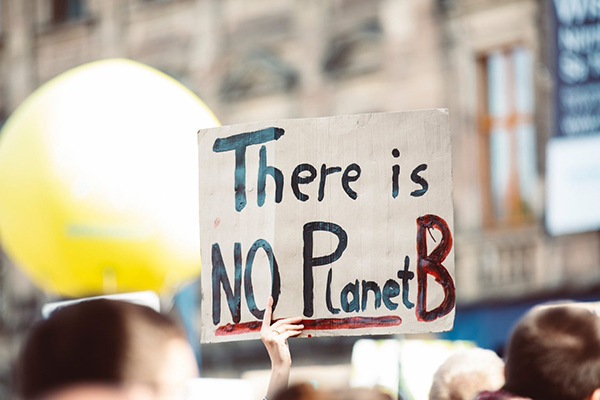Last week, the 2021 United Nations Climate Change Conference (COP26) concluded, ending three weeks of multilateral discussions surrounding the impacts and mitigations of climate change. Lauded as a breakthrough conference, COP26 will be remembered for many milestones including the last-minute and parties’ efforts to build “a bridge between good intentions and measurable actions”. Failure to meet previously declared targets, coal capitulations and a lack of diverse inclusion contradict the conferences’ achievements.
Missed Targets and Capitulations
Previous conferences established financial aid targets to raise $100 billion per year by 2020 to assist heavily-impacted in mitigating climate change. This figure has not been met, and is not expected to be met until 2023. Tangible targets, like nationally determined contributions (NDCs), a target for reducing greenhouse gas emissions, did not meet the 2015 Paris goal of maintaining a sub two-degree Celsius global heating limit. A ratchet mechanism requiring tougher NDC targets designed to keep warming below 2 degrees was due by the end of 2020. However, most countries failed to submit new NDCs by the deadline, citing COVID19 as the main inhibitor. China, the world’s largest emitter of greenhouse gas, has failed to submit any NDC to date. Additional challenges, including COVID19, the collective-action problem (where all states are better off cooperating, but free-riding inhibits and disincentivizes action), and states’ unwillingness to meet financial goals leading up to COP26, led states into the conference with breached trust.
The Glasgow emission reduction pledges fall short of the more recently established 1.5-degree Celsius global heating limit. States will return to emissions negotiations next year in Egypt, but time is running out to keep global heating below catastrophic levels. Remarkably, coal is included in UN climate text for the first time, undermining the spirit of the Glasgow agreement. China and India cowed negotiators into changing phrasing from “phase out” coal to “phase down” coal threatening the aspirational 1.5-degree limit. This concession could prove fatal for many parts of the world. As noted by the Maldives’ environment minister, “The difference between 1.5 and 2 degrees is a death sentence for us.”
The Global North Club
For a meeting billed as “humanity’s last and best chance to prevent the worst of what climate change has in store,” the summit excluded some of humanity’s most at-risk groups. Despite expressed desire for COP26 to be the most inclusive ever, only an estimated one-third of the usual number of participants attended compared to previous summits. COVID19 restrictions, including the UK’s “red list,” banning certain countries, were lifted only two weeks before the conference – much too late for many to make accommodations and travel plans. Previous pledges to increase vaccine availability for attendees fell short and travel routes and visas were difficult to obtain. Additional issues with housing and event-venue disability accommodations further dampened the conference; even prominent Western allies were impacted, such as Israeli Energy Minister Karine Elharrar, who was “unable to take part in the COP26 summit at the start of the week because the venue was not wheelchair accessible.” (Meredith, 2021).
Shockingly, 503 delegates from the fossil fuel industry appeared at COP26 forming a delegation that was “larger than the combined total of the eight delegations from the countries worst affected by climate change in the past 20 years.” The interests of the fossil fuel industry directly conflict with the movement toward climate action. The International Emissions Trading Association (IETA) hosted 103 delegates, many of whom represent oil companies “promoting offsetting and carbon trading as a way of allowing them to continue extracting oil and gas.” Such strategies are not climate action – they preserve the status quo and protect the fossil fuel industry’s bottom line.
Closing Statement
COP26 successfully met despite delays surrounding the ongoing pandemic, achieved written agreements with previously excluded fossil fuels, and reiterated pledges for climate related funding. Yet, with global security at stake, ever-moving goal lines and exclusion of some of humanity’s most at risk cloud COP26’s achievements. Only by taking firm ownership of greenhouse gas emissions reduction targets, financial targets, fostering renewable energy technology, and including all relevant voices can this multilateral annual conference hope to succeed in mitigating the effects of climate change.
Kimberly Talley is a first year full-time International Security M.A. student with two B.A. degrees in Political Science and Geography from Virginia Tech. Her research interests broadly include East Asian studies, Eastern European studies and studying international perception of US actions. Her future goals include working as a public servant for the US federal government, teaching future generations and/or pursuing a PhD in Political Science.
Photo can be found here.




